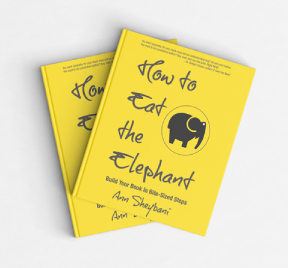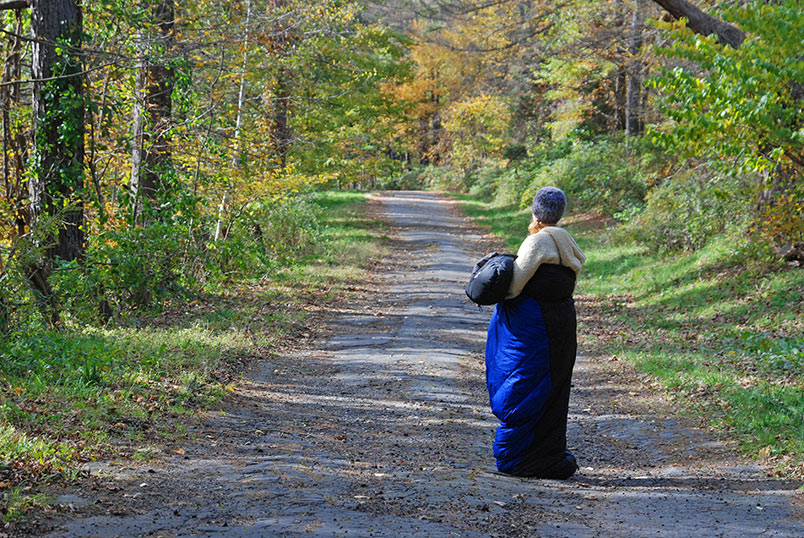Writing
My love of vegetable-peel cookbooks
July 14, 2019
On Saturday, I caught sight of a book about cooking with food scraps at my friends’ vegan café in town. Surrounded by The China Study, How Not To Die, and Rich Roll’s Finding Ultra, all fascinating reads, that’s the one I latched onto as I tucked into my stew.
Before I’d moved to Iran, I had a recipe book just like that. I’d tripped over it at an Indian grocery store just out of Washington, D.C. If I remember right, it was called 101 Dishes to Make With Vegetable Peelings. Lordy, how I loved that book. (I couldn’t find it on Amazon, but let’s face it; we’re talking 30+ years ago.)
That book, however, sent my then-husband through the roof every time he saw it on the counter. And each time I’d present him with carrot-peel pilaf or radish-top stew, he’d throw up his hands and growl, “Do I actually look like someone who wants to eat trash?” (So happens, he had no appreciation for my ability to find new and interesting ways to use leftover rice either.)
Unlike him, I was raised to be frugal.
My mother spent my entire childhood worrying that we’d run out of money. Set the thermostat at 68°, rather than at 62°; spend good money on sugared cereal instead of settling for generic Kix, and we were destined to live in a cardboard box under some bridge. Eye off the ball, and we were all gonners. (My father was a mechanical engineer who made good money, but that didn’t seem to matter.)
Sound the paw breaks.
Now, I’ve just told you a little story. And at this point, you probably want to know where I’m going with it.
Sure, this little snippet offers some insight into my life, into my history; into the way I approach the world, the way I think. But why should my frugality and love of vegetable-peel cookbooks matter to you? How is this story relevant to your life? In other words, what’s the point of this exercise?
In order to make our personal stories relevant to an audience they need to have a teaching point. I don’t care if your story is part of a chapter, or a blog post, or your sales copy, the audience needs to know why you’re telling it. They want to know what you make of it, what you learned from it, or how it relates to something you mean to teach them.
You’ve always got to understand your purpose for telling a story; otherwise it will come off as gratuitous.
As the motivational speaker Les Brown says, “If you tell a story, make sure it has a point. If you make a point, make sure you support it with a story.”
Mind you, in a memoir or personal essay, the point of the story is usually buried, meaning, you, the author, aren’t coming out of scene and drawing conclusions. You’re not suddenly putting on your teacher’s hat and spelling out the lessons in exposition. But in nearly every other form of non-fiction writing, that’s precisely what you need to do.
A story, I should mention, can have multiple points. For instance, I can take this story and pivot into any number of lessons, depending on where I want to take you, the reader.
Just to pull five examples out of my ass:
- A mismatch in money mindset can fuck up a marriage
- One person’s throwaway content is another person’s raw material for a book
- Buyer beware
- Let go and let God
- You’ll always be poor until you learn to throw away food
For a story this short, in particular, you’ll want to choose one teaching point and expound upon it. Maybe come up with a related example and build on the point, explore the nuances.
Anyway. It’s time to make dinner. I’m going to head over to my stack of cookbooks and see what fantastic dish I can come up with. Wish me luck.



